Linking the Formal and Informal Economy: Concepts and Policies
Synopsis
The concepts of formal and information remain central to the theory and practice of development more than half a century after they were introduced into the debate. They help structure the way that statistical services collect data on the economies of developing countries, the development of theoretical and empirical analysis, and most important, the formulation and implementation of policy. This volume brings together a significant new collection of studies on formality and informality in developing countries. The volume is multidisciplinary in nature, with contributions from anthropologists, economists, sociologists, and political scientists. It contains contributions from the among the very best analysts in development studies. Between them the chapters argue for moving beyond the formal-informal dichotomy. Useful as it has proven to be, a more nuanced approach is needed in light of conceptual and empirical advances, and in light of the policy failures brought about by a characterization of the 'informal' as 'disorganized'. The wealth of empirical information in these studies, and in the literature more widely, can be used to develop guiding principles for intervention that are based on ground level reality.
Read more
28.80
25.92
$
32.00 $
Free delivery Wolrdwidе in 10-18 days
Ships in 1-2 days from New Delhi
Membership for 1 Year $35.00
Get it now and save 10%
Get it now and save 10%
BECOME A MEMBER
Books by the same authors
-
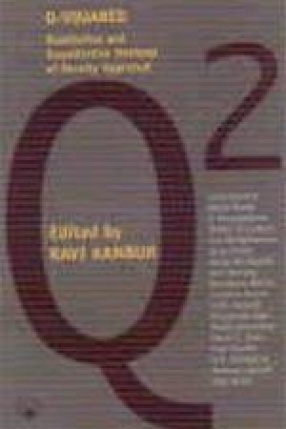
Q-Squared: Combining Qualitative and Quantitative Methods in Poverty Appraisal
-
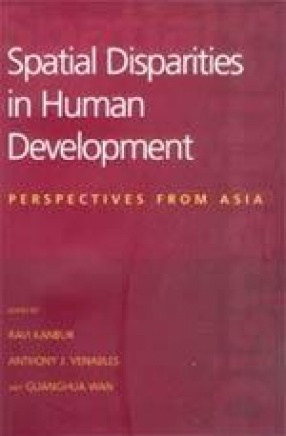
Spatial Disparities in Human Development: Perspectives from Asia
-
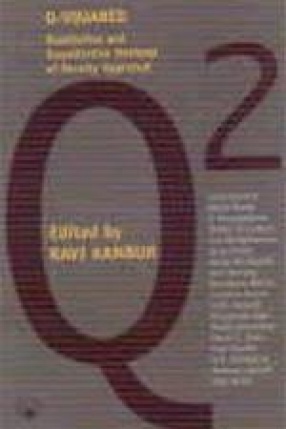
Q-Squared: Qualitative and Quantitative Methods of Poverty Appraisal
-
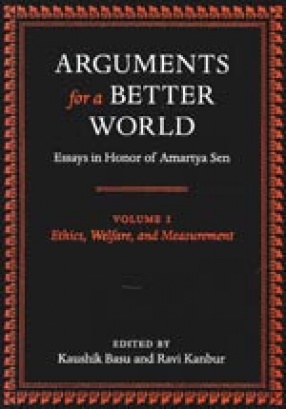
Arguments for a Better World: Essays in Honor of Amartya Sen (In 2 Volumes)
-
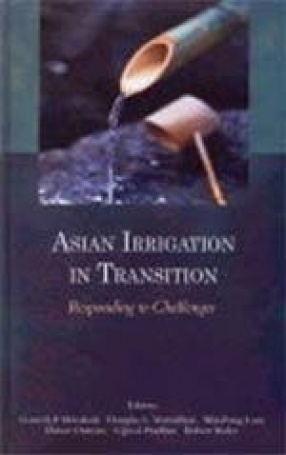
Asian Irrigation in Transition: Responding to Challenges
-
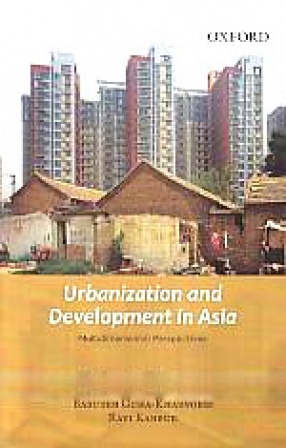
Urbanization and Development in Asia: Multidimensional Perspectives




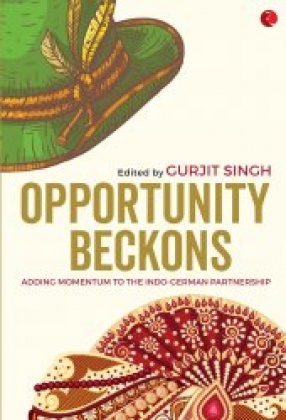


Bibliographic information
Elinor Ostrom
Basudeb Guha-Khasnobis